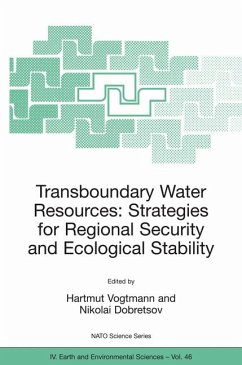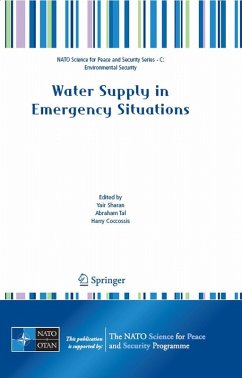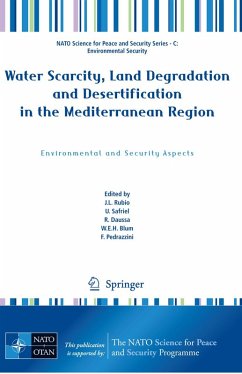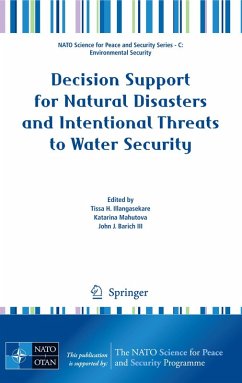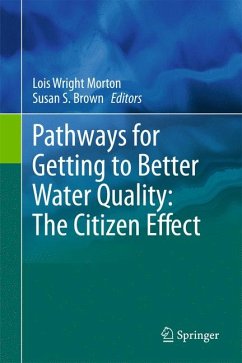
Pathways for Getting to Better Water Quality: The Citizen Effect (eBook, PDF)
Versandkostenfrei!
Sofort per Download lieferbar
72,95 €
inkl. MwSt.
Weitere Ausgaben:

PAYBACK Punkte
36 °P sammeln!
This book is about accomplishing change in how land is managed in agricultural watersheds. Wide-ranging case studies repeatedly document that plans, policies, and regulations are not adequate substitutes for the empowerment of people. Ultimately change on the land is managed and accomplished by the people that live on land within each watershed.
Dieser Download kann aus rechtlichen Gründen nur mit Rechnungsadresse in A, B, BG, CY, CZ, D, DK, EW, E, FIN, F, GR, HR, H, IRL, I, LT, L, LR, M, NL, PL, P, R, S, SLO, SK ausgeliefert werden.



